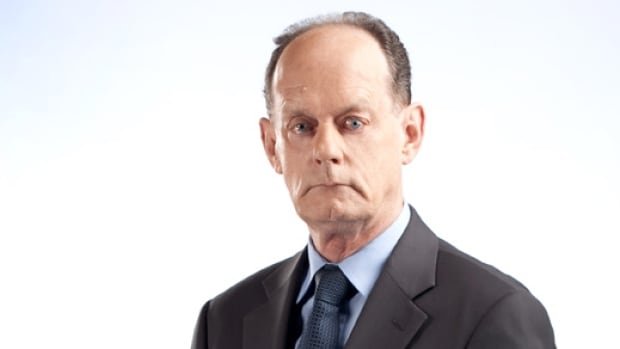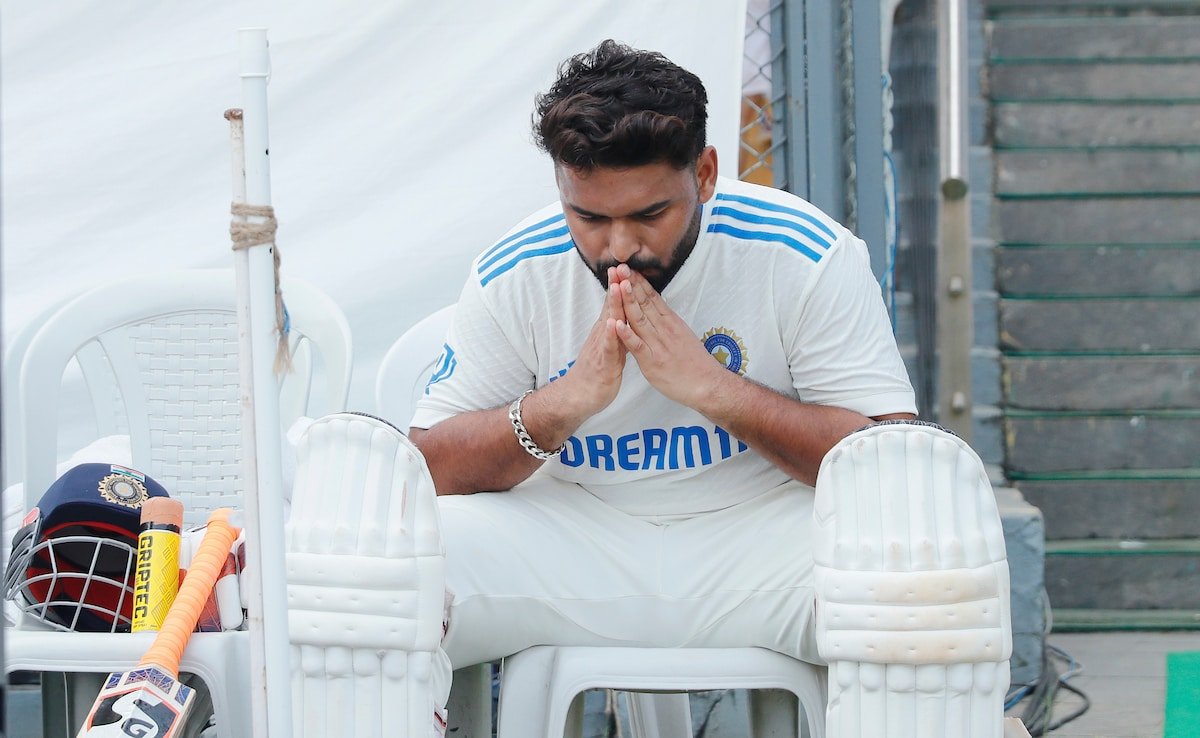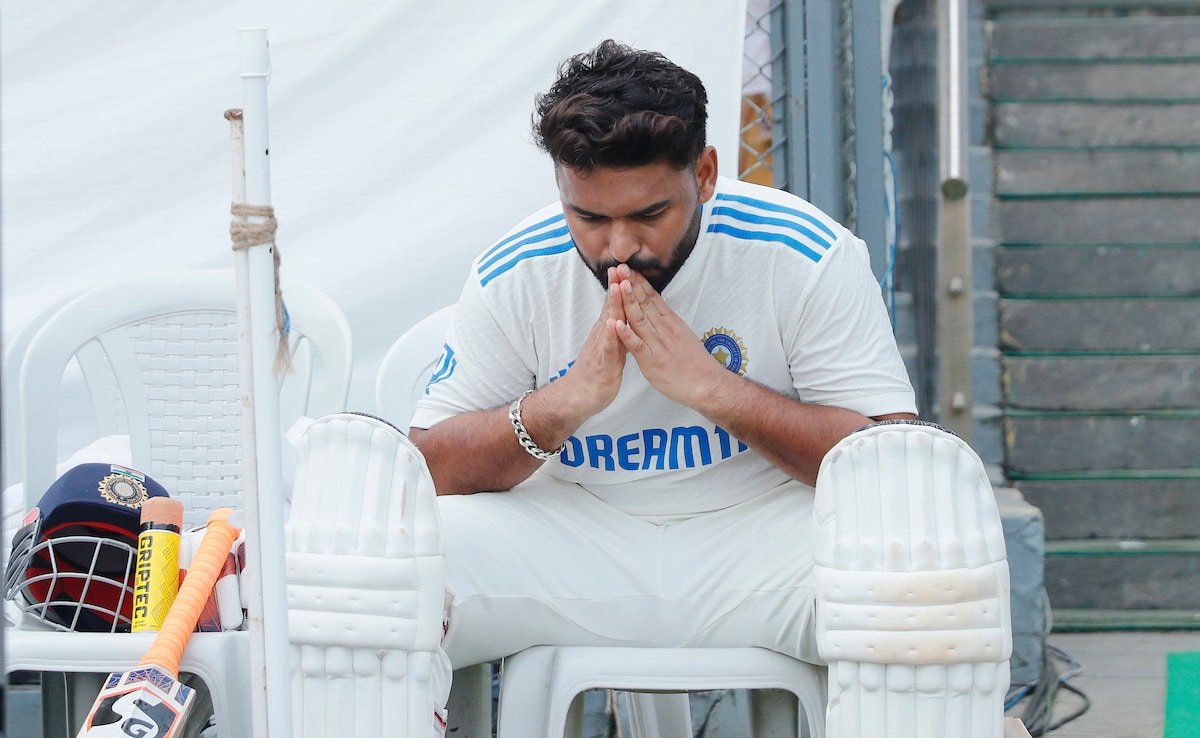
Rex Murphy, the controversial Newfoundland-born pundit and wordsmith whose writing and often-blistering commentaries were the focus of a decades-long career in Canadian media, has died at the age of 77, according to the National Post.
“You might not agree with what Rex had to say, but oh, boy, could he ever say it,” said comedian and fellow Newfoundlander Mark Critch, who performed an impression of Murphy on This Hour Has 22 Minutes.
In a report published on the Post’s website on Thursday, the newspaper said Murphy died after a battle with cancer, and he had last corresponded with an editor there on Tuesday, inquiring about his most-recent column.
Newfoundland and Labrador Premier Andrew Furey posted a statement on the social platform X Thursday saying that people there “are mourning one of our own tonight, and sending condolences to his family and friends.”
Murphy’s “quick wit and mastery of words were unmatched, and his presence was significant — whether or not everyone always agreed,” Furey said, echoing a theme that Critch touched upon in his own remembrances.
Critch told CBC News that he’d “only known a world with Rex in it,” explaining that he grew up next to a radio station where his father worked, along with Murphy.
Speaking with CBC News, comedian Mark Critch shared memories of Rex Murphy, who passed away from cancer at 77. ‘I’ve only known a world with Rex in it,’ said Critch, reminiscing on when he was a boy, his father had worked with Murphy and that was how he first came to know the ‘man with wild hair, in a golden turtleneck.’
“As a little boy, I remember seeing this man with wild hair in a golden turtleneck, listening to music with dad at the house and he was larger than life,” Critch said Thursday.
Former prime minister Stephen Harper, in a tribute posted on social media, remembered Murphy as “one of the most intelligent and fiercely free-thinking journalists this country has ever known.”
In another social media tribute, Conservative Leader Pierre Poilievre called Murphy “an icon, a pioneer of independent, eloquent and fearless thought, and always a captivating orator who never lost his touch.”
Newspapers, radio and TV
Murphy graduated from Newfoundland’s Memorial University before attending Oxford University as a Rhodes Scholar in 1968.
He got his start lending a hand at the private radio station VOCM in St. John’s, backfilling a talk show while its host went on vacation.
Murphy would go on to spend many years working with CBC, including work on both radio and television. He was a National Post columnist at the time of his death and had previously written columns for The Globe and Mail.

“When Rex had something to say, he knew exactly what he wanted to say and how he wanted to say it,” Kevin Libin, a longtime editor of Murphy’s work at Postmedia, told CBC News on Thursday evening.
Murphy hosted Cross Country Checkup on CBC Radio for more than two decades and was a familiar face to longtime viewers of CBC’s The National. His appearances on CBC-TV date as far back as the 1970s.
Controversies and criticism
Murphy’s work drew criticism, at times, including for accepting paid speaking engagements for the oil industry.
In 2014, while still hosting Cross Country Checkup and regularly contributing TV essays to The National, members of the public complained to CBC’s ombudsman that Murphy was in a conflict of interest for doing paid speeches at oil industry gatherings.
Murphy had long defended the sector, including on CBC, saying the oil boom saved many of his friends and fellow Newfoundlanders from economic ruin when the East Coast fisheries collapsed.
As for the speeches, he said nobody controlled what he said — not the oil industry, and not the CBC.
Later in life, Murphy became a loud detractor of the federal Liberal Party — despite having twice run as a provincial Liberal candidate in the mid-1980s — and Prime Minister Justin Trudeau’s government.
But he still had Liberals who admired him, such as longtime politician Bob Rae who posted on X that while they disagreed on many things he never lost “affection and admiration for him. He loved Newfoundland and Canada and was fearless.”
He was also an outspoken opponent of “wokeism,” progressive ideology sensitive to systemic inequities, and argued in his column that conservative voices like his were being pushed to the margins.
In a 2022 column, he decried “the frenzy of woke politics and the cancel culture it has bred and nourished, the prescriptions on what may or may not be debated or talked about.”
Two years earlier, he’d been at the centre of one such frenzy for another piece of writing in the National Post.
A week after Minneapolis police murdered George Floyd, a Black man, Murphy accused liberals — both in general and in the party — of trumping up racism in Canada.
“Most Canadians, the vast majority in fact, are horrified by racism and would never participate in it,” he wrote. “We are in fact not a racist country, though to say so may shock some.”
The column was widely decried, prompting an editorial review at the Post, which eventually added a note at the top of the piece saying it fell short of the newspaper’s standards.
The Rhodes scholar describes how his province has changed and tells a favourite local joke.









